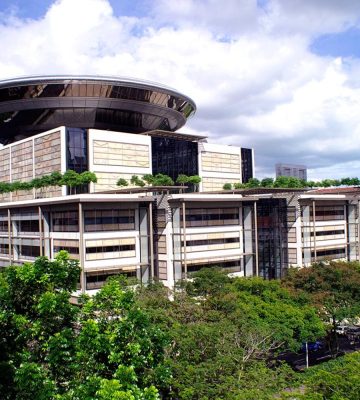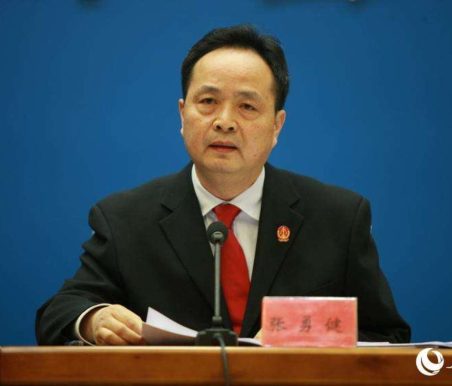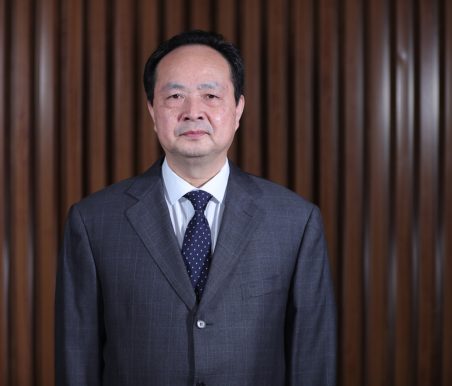In a case dated March 2018, the Dezhou Intermediate People’s Court of China’s Shandong Province refused to recognise the sections relating to the division of assets in a judgment (FC/D1355/2015) rendered by the Family Justice Courts of Singapore, while affirming the portion of this judgment on the dissolution of marriage.
In (2018) Lu 14 Xie Wai Ren No 1, Li, the applicant, requested the Dezhou court to recognise the Singapore judgment which, among other things, dissolved his marriage with respondent Ding and determined that both sides retain their respective assets, apart from an HDB unit which was their matrimonial asset and should be sold according to the prescribed procedures. In support of his application, Li cited (2016) Su 01 Xie Wai Ren No 3 where a Singapore judgment has for the first time been recognised and enforced by a Chinese court (the “Kolmar case”). This case is widely seen as having established reciprocity between China and Singapore on the recognition and enforcement of each other’s judgments as the two jurisdictions have not signed any bilateral agreement that deals with matters in this area when the case was heard.
In her defense, Ding argued, among other things, that the Singapore judgment only dealt with their assets in Singapore and that Li had withheld information on his assets in China before the proceedings in Singapore. She further argued that reciprocity as established by the Kolmar case should apply only to civil cases that are “economic” in nature (i.e. commercial cases) and should not cover civil cases that deal with personal relationships, such as in the case at hand which was about marriage.
Relevantly, the Dezhou court found, inter alia, that the Kolmar case only served to prove the existence of reciprocity in the recognition of civil judgments in the economic field between China and Singapore for the purpose of facilitating trade and investment along the “Belt and Road” route and cannot be relied upon to prove reciprocity in the field of civil judgments relating to personal relationships. This was one of the reasons that led the court to refuse recognition of the property sections of the Singapore judgment.
Interestingly, this Dezhou judgment was rendered before the Memorandum of Guidance between the Supreme People’s Court of the People’s Republic of China and the Supreme Court of Singapore on Recognition and Enforcement of Money Judgments in Commercial Cases (“MOG”) was signed in August 2018. However, the line of reasoning adopted by the Dezhou court seems to suggest that the MOG would not have made any difference in the outcome of this hearing.
It remains to be seen whether this very strict interpretation of reciprocity will be followed by other Chinese courts in future cases concerning the recognition and enforcement of foreign judgments.
A commentary is also available on China Justice Observer website here.
We thank Béligh Elbalti, Associate Professor of the Graduate School of Law and Politics of Osaka University, for first bringing this case to our attention.
To learn more about the criteria for foreign judgments to be recognised in China and Singapore, read our Recognition and Enforcement of Foreign Judgments in Asia and Asian Principles for the Recognition and Enforcement of Foreign Judgments. There are also helpful handbooks on China and Singapore under our “Where in Asia” collection.
Whilst every effort has been made to ensure that the information contained in this update is correct, the Asian Business Law Institute disclaims all liability and responsibility for any error or omission in this update, and in respect of anything, or the consequences of anything, done or omitted to be done by any person in reliance, whether wholly or partially, upon the whole or any part of the contents of this update.






